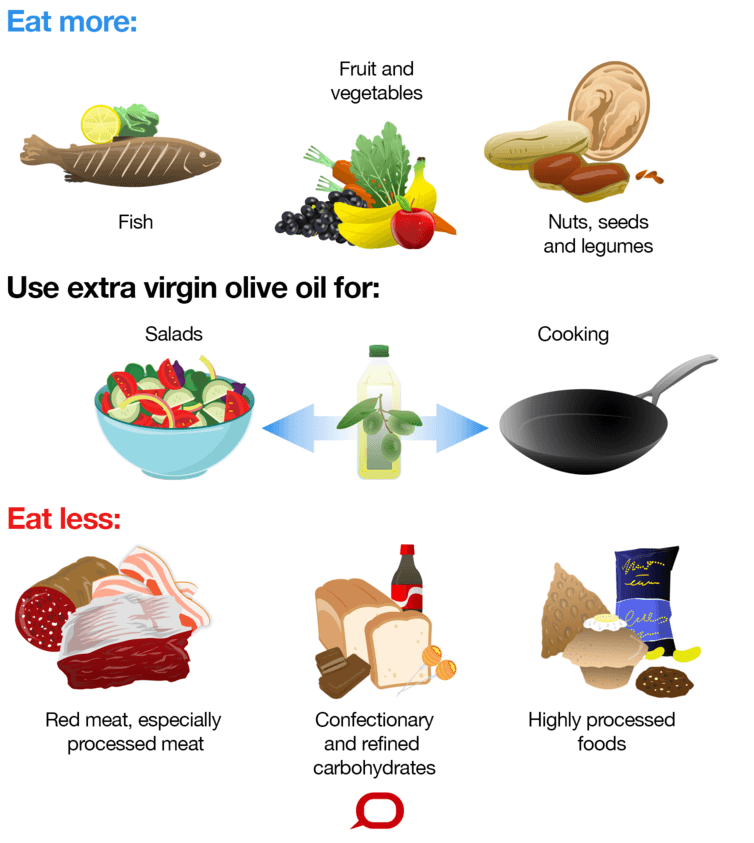Fats
Understanding Dietary Fats:
Fats also referred to as lipids often get a bad name, when in fact recent research has shown just how important Dietary fats are in our diets. Fat is just as important as our two other macronutrients, carbohydrates, and protein. It plays a vital role in out human physiology.
For several years, society told us to only eat, “reduced fat” or “low-fat” diets, this could not be further from the truth. You see these “reduced fat” and “low-fat” foods are often packed with added carbohydrates to replace the fat content, carbohydrates from sugar, refined grains, and other starches. Our bodies digest these very quickly which alters our blood sugar levels. Which can possibly lead to excess weight gain if not used correctly by our bodies.
Instead of cutting out all fats from our diet, we should first understand what fats we should be including and which fats we shouldn’t.
Just like protein and carbohydrates, fats have different categories. We may know them as, "Healthy or Unsaturated Fats", "Non-healthy or Trans Fats", and "Saturated Fats".
- “Healthy” unsaturated fats — Monounsaturated and polyunsaturated fats — lower disease risk. Foods’s high in good fats include vegetable oils (such as olive, canola, sunflower, soy, and corn), nuts, seeds, avocados, and fish.
- “Non-healthy” fats — trans fats — increase disease risk, even when eaten in small quantities. Foods containing trans fats are primarily in processed foods made with trans-fat from partially hydrogenated oil. Fortunately, trans fats have been eliminated from many of these foods.
- Saturated fats, while not as harmful as trans fats, by comparison with unsaturated fats negatively impact health and are best consumed in moderation. Foods containing large amounts of saturated fat include red meat, butter, cheese, and ice cream. Some plant-based fats like coconut oil and palm oil are also rich in saturated fat.
When you cut back on foods like red meat and butter, replace them with fish, beans, nuts, and healthy oils instead of refined carbohydrates.

Benefits of Dietary Fats:
Fats are a necessary part of a balanced diet for numerous reasons, including the following:
- They store and help use the fat-soluble vitamins A, D, E, and K.
- They maintain the function and integrity of cellular membranes.
- They provide a concentrated source of energy.
- They make meals more palatable and filling
It is important to remember to enjoy a diet rich in all fats, just practice moderation when it comes to eating the less healthier fats.
***
*DISCLAIMER: Please consult your GP before making any changes to your diet, this page is just information to help assist and give you some basic nutrition knowledge.
Reference:
1. Harvard T.H Chan, School of Public Health
2. Eattrek.com
3. ISSA Nutritional Textbook - US
4. Nourish WebMD



